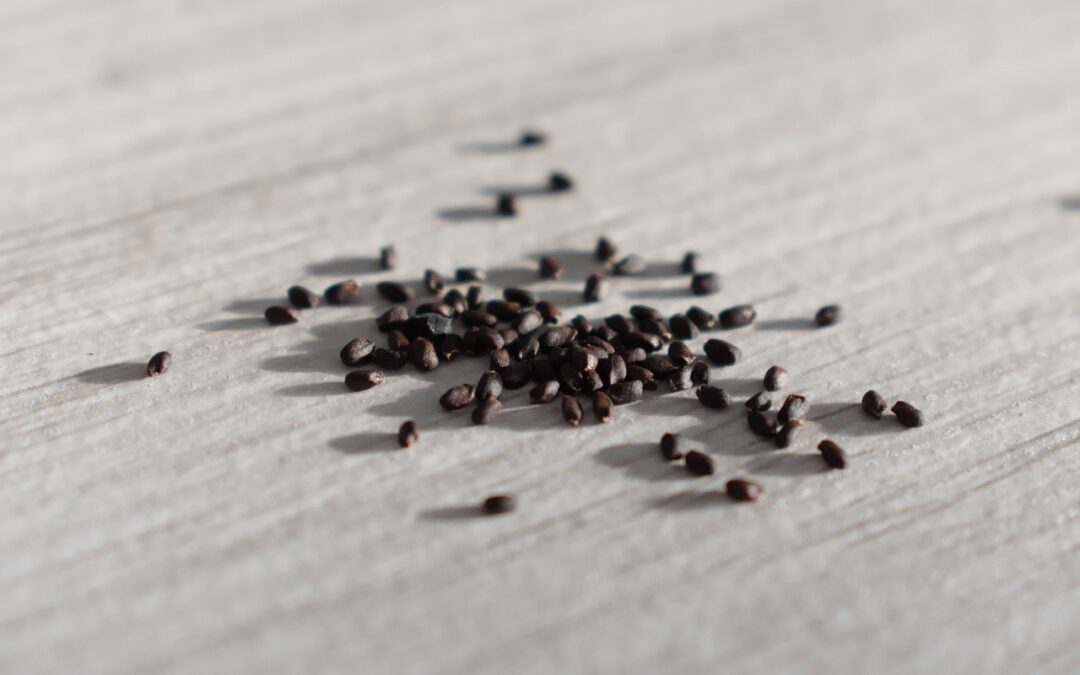The Benefits of Black Seed on Cholesterol Levels: A Closer Look at Recent Research
In the realm of natural health remedies, black seed (Nigella sativa) has long been revered for its numerous medicinal properties. This potent seed, often called black cumin or kalonji, has been used for centuries in traditional medicine to treat a variety of ailments. Recent scientific investigations have started to shed light on its potential benefits, particularly concerning cardiovascular health. A significant study published in Biomedicine & Pharmacotherapy explored the effects of black seed on cholesterol levels, providing promising insights for those looking to manage their lipid profile naturally.

Understanding Cholesterol and Its Impact on Health
Before diving into the study, it’s essential to understand the role of cholesterol in our bodies. Cholesterol is fat in the blood, vital for building cell membranes and producing hormones. However, an inflammation-driven imbalance in cholesterol levels—specifically, high levels of low-density lipoprotein (LDL) cholesterol and low levels of high-density lipoprotein (HDL) cholesterol—can lead to the build-up of plaques in arteries, increasing the risk of cardiovascular diseases such as heart attacks and strokes.
The Study: An Overview
The study in question aimed to investigate the effects of black seed supplementation on cholesterol levels. Conducted as a systematic review and meta-analysis, it pooled data from multiple randomized controlled trials (RCTs) to comprehensively evaluate black seed’s efficacy.
Key Findings
- Reduction in Total Cholesterol: The meta-analysis revealed that black seed supplementation significantly reduced total cholesterol levels in participants. This reduction is crucial as lower total cholesterol levels are associated with a decreased risk of cardiovascular diseases.
- Lowering LDL Cholesterol: Black seed showed a notable reduction in LDL cholesterol, often termed “bad cholesterol.” High LDL levels contribute to plaque formation in arteries, so reducing these levels is beneficial for heart health.
- Increase in HDL Cholesterol: The study also found that black seed supplementation resulted in a modest increase in HDL cholesterol, known as “good cholesterol.” HDL helps remove LDL cholesterol from the arteries, further reducing cardiovascular risk.
- Triglycerides Reduction: In addition to cholesterol, the study noted a significant decrease in triglycerides—another type of fat in the blood linked to heart disease. Lower triglyceride levels contribute to overall cardiovascular health.

Mechanisms of Action
Black seed’s positive effects on cholesterol can be attributed to several bioactive compounds, including thymoquinone, which exhibits antioxidant, anti-inflammatory, and lipid-lowering properties. These compounds help in reducing oxidative stress and inflammation, both of which are critical factors in the development of atherosclerosis (hardening and narrowing of the arteries).


Practical Implications
For individuals seeking natural ways to manage their cholesterol levels, incorporating black seed into their diet might be a beneficial strategy. Black seed can be consumed in various forms, including oil, capsules, or ground seeds added to food. However, it’s essential to approach this supplementation under the guidance of a healthcare provider, especially for those already on medication for cholesterol management.


The findings from this study provide compelling evidence that black seed may be a valuable addition to your diet to help create healthy cholesterol levels. While more research is needed to fully understand the long-term effects and optimal dosages, the current evidence supports black seed’s potential as a natural remedy for improving cholesterol levels and promoting cardiovascular health.
By integrating black seed into a balanced diet and healthy lifestyle, individuals can take proactive steps toward better heart health. As always, it is advisable to consult with healthcare professionals before starting any new supplement regimen.

Sahebkar, A., Beccuti, G., Simental-Mendia, L. E., Nobili, V., & Bo, S. (2016). Nigella sativa (black seed) effects on plasma lipid concentrations in humans: A systematic review and meta-analysis of randomized placebo-controlled trials. Pharmacological research, 106, 37-50.

Schedule a Call

To Find Out if Black Seed can help you!

Let’s Heal Together!


Phone
253.507.5775
Admin@NeoGenesisNutrition.com
Address
2607 Bridgeport Way W Ste. 2M University Place, WA 98466
Disclaimer: The content of this blog is for informational purposes only and should not be considered medical advice. Always consult with a qualified healthcare professional before making any changes to your diet, lifestyle, or treatment plan.


